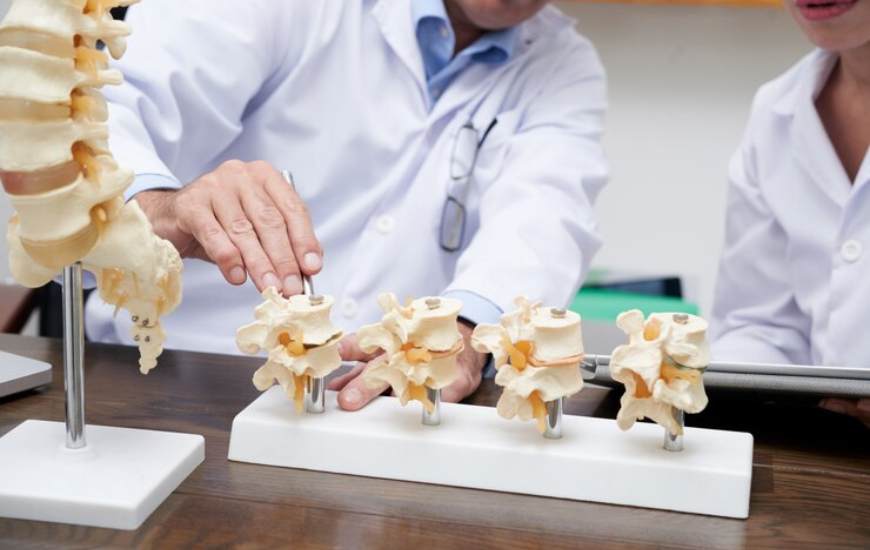Spine Fixation

"Spine Fixation" refers to a medical procedure that involves stabilizing the spine using various techniques and devices. This type of intervention is typically employed to address conditions such as spinal instability, fractures, deformities, tumors, or other issues that may affect the structural integrity of the spine. The goal of spine fixation is to provide support, reduce pain, and prevent further damage to the spinal cord or nerves.
The service content for spine fixation may include the following components:
- Preoperative Evaluation:
- Patient assessment: Comprehensive evaluation of the patient's medical history, symptoms, and physical condition.
- Diagnostic imaging: X-rays, CT scans, MRI scans, or other imaging studies to identify the specific spine issue.
- Treatment Planning:
- Consultation with the patient: Explanation of the diagnosis, treatment options, and potential risks and benefits.
- Collaborative decision-making: Discussion with the patient to determine the most suitable approach for spine fixation.
- Surgical Procedure:
- Anesthesia: Administering anesthesia to ensure the patient is comfortable and pain-free during the procedure.
- Spine fixation technique: Depending on the specific condition, the surgeon may use internal fixation devices such as screws, rods, plates, cages, or bone grafts to stabilize the spine.
- Minimally invasive techniques: In some cases, minimally invasive procedures may be employed, resulting in smaller incisions, less tissue damage, and quicker recovery times.
- Postoperative Care:
- Monitoring: Close monitoring of the patient in the recovery area to ensure stability and proper response to the surgery.
- Pain management: Administration of pain medications to keep the patient comfortable.
- Rehabilitation: Planning and initiation of a rehabilitation program to promote healing, improve mobility, and prevent complications.
- Follow-Up Care:
- Postoperative appointments: Regular follow-up appointments to monitor the healing process and address any concerns.
- Rehabilitation and physical therapy: Continued rehabilitation to help the patient regain strength, flexibility, and function.
- Patient Education:
- Providing information on postoperative care, restrictions, and activities to promote a successful recovery.
- Addressing any questions or concerns the patient may have about the procedure and recovery.
It's important to note that the specifics of spine fixation services can vary based on the patient's unique condition and the surgeon's preferred techniques. Patients should consult with their healthcare providers for personalized information regarding spine fixation procedures and associated services.
